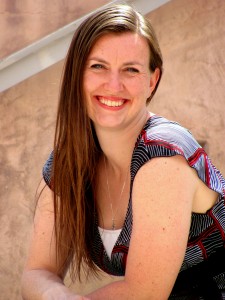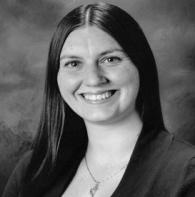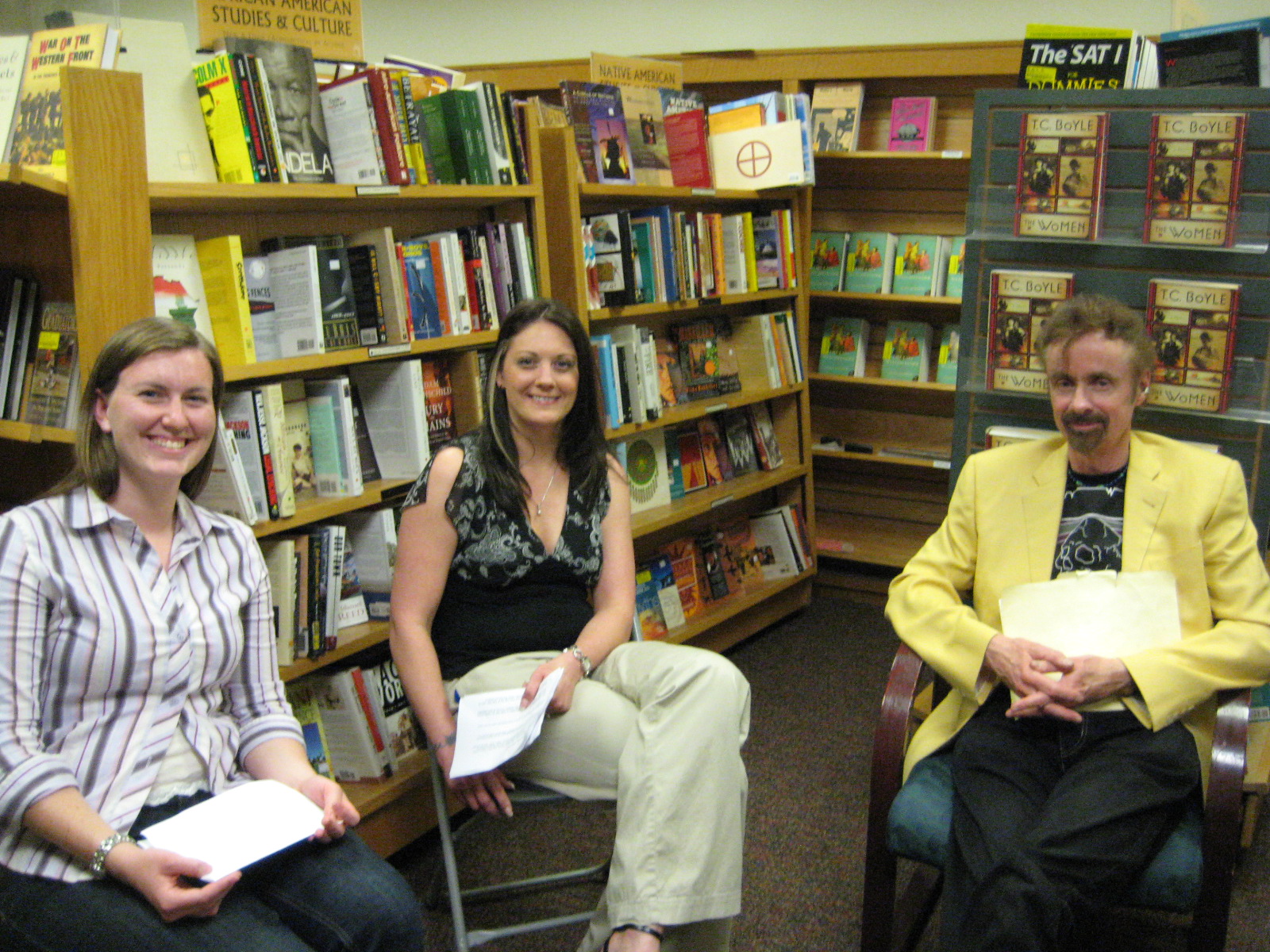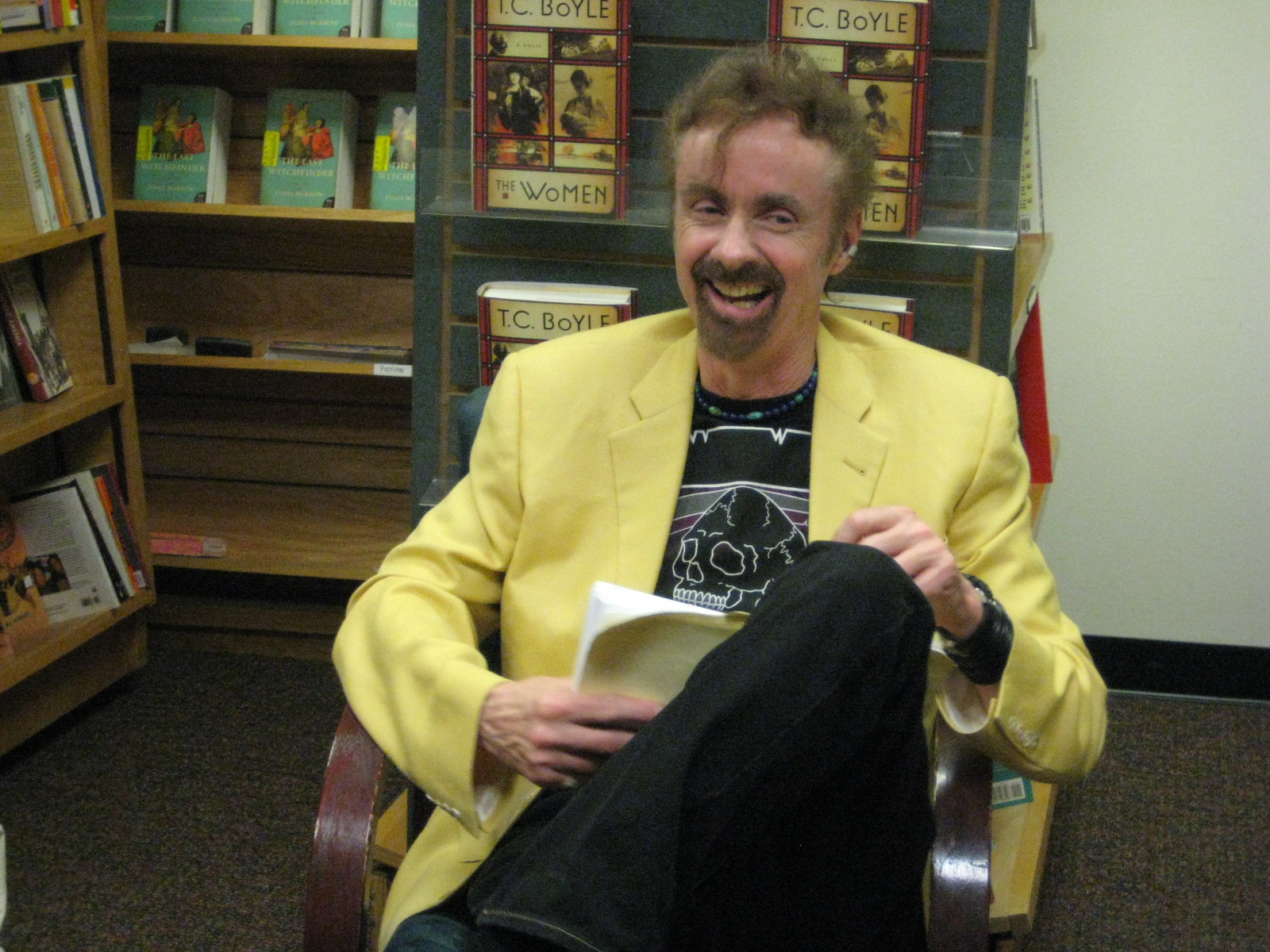Rebekah Richgels, Fiction Editor of Issue 2 and Issue 3, reflects on life in the publishing world after Superstition Review.
Oh, how naïve I was.
 Superstition Review was the beginning of living my dreams. I spent two semesters with SR as one of the Fiction Editors during my junior year. It was bliss. I spent my time talking with people who loved writing and reading and even editing. I contacted hundreds (if not literally, then very close) of already published authors like I was a peer of theirs and got a great response. I loved the community of the written word that I was thrown into. I got to interview T.C. Boyle, for crying out loud!
Superstition Review was the beginning of living my dreams. I spent two semesters with SR as one of the Fiction Editors during my junior year. It was bliss. I spent my time talking with people who loved writing and reading and even editing. I contacted hundreds (if not literally, then very close) of already published authors like I was a peer of theirs and got a great response. I loved the community of the written word that I was thrown into. I got to interview T.C. Boyle, for crying out loud!
The next year I delved further, but also expanded. I was the head Fiction editor for Lux, Arizona State University’s
Undergraduate Creative Review. That was awesome because it dealt with undergraduates and truly sought to foster the artistic creativity in students, bring it to light, and then polish it. Great fun.
I graduated in 2010 with my B.A. in Creative Writing, minor in French, and defended thesis from Barrett, the Honors College. I spent the summer in Denver at the University of Denver Publishing Institute, and that was the best thing I had ever done in my life. Ever. I met people who not just loved reading and writing, but who wanted to spend their lives making sure the world can read great stuff. I was on top of the world, as you might imagine.
Then, as is always the case, reality struck.
Publishing jobs are in New York City, mainly, with another hub in Boston and one near San Francisco. My significant other was (and is) at medical school at Stanford, which is in Northern California, so I packed up my car and braved the new wilderness of California, believing that I would be hired right off and work my way up the ladder in the publishing world.
Ha.
I spent nine months working for Costco and applying for all manner of entry-level publishing jobs. The economy being what it was, there weren’t many. The other aspect of California publishing is that the publishers who aren’t small independents are academics, and turnover is small in both those fields. Not to mention, the larger companies were buying up independents to use as imprints. Even Random House and Penguin were merging. All in all, my dreams were hard to make reality.
Costco wasn’t cutting it for me, so we parted ways. I began working as a nanny, independently for a freelance editor, hoping that her connections could extend to me, and I took on a transcription project that lasted two months. Then, last summer, I noticed that the Superstition Review Facebook page had posted an intern position for Weave Magazine, which was conveniently located in San Francisco. I applied. They rejoiced! Apparently I’m far more qualified, thanks to SR, than many of their applicants.
Let me just tell you all, I love it. It’s like Superstition Review in so many ways, but with even more fun interacting. I don’t get to do the solicitation, but the group conversations about the submissions are wonderful, and I love the exposure to writers.
I’m still searching for my break-in publishing job, but in the meantime I’m busying myself with office admin work at a property management company. I’ve also landed a 12-week internship with Bleacher Report, the online sports website, where I do 15 hours of copyediting a week. Since the content is mostly submitted by unpaid authors, my work is sorely needed, let me tell you.
So life hasn’t turned out like I imagined it would, but I’ve been able to adjust my expectations along the way (with some pouting moments, I’ll admit), and things are going well now. I’m not an SR success story yet, but I’ll get there. You’ll read about it, I promise.


